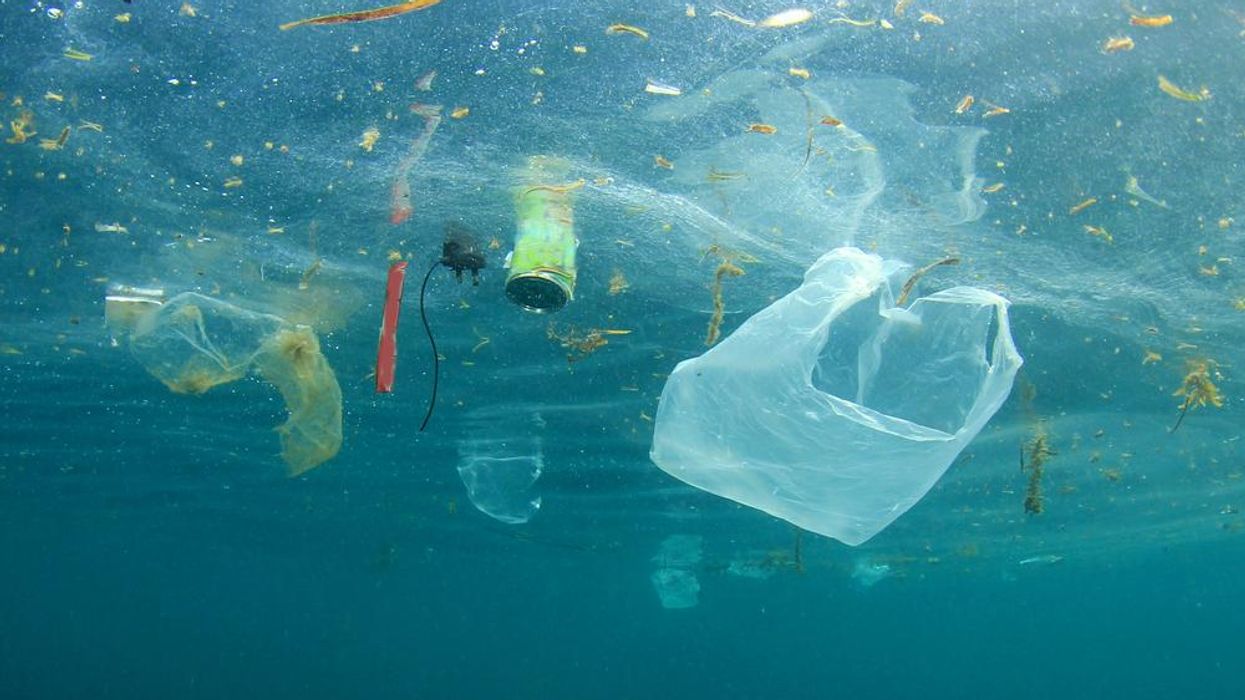Representatives from over 150 countries are currently gathered in Uruguay to begin work on an international treaty that aims to reduce plastic pollution.
According to a report from The National Academies of Science, Engineering, and Medicine, "the equivalent of a garbage truck worth of plastic enters the world’s oceans every minute." The United Nations Environment Program seeks to eliminate this pollution by 2040.
Carroll Muffett, president of the Center for International Environmental Law, told The Washington Post that combatting plastic waste is key in combating climate change.
"A number of countries have said this is the most important environmental treaty negotiation in years. It speaks to what our ambitions are for this agreement," she said. "We’re facing a triple planetary crisis where the earth is far beyond safe limits for climate change. We are facing massive biodiversity loss and we are facing unsustainable levels of pollution. Plastics sit at the nexus of that crisis."
Global representatives will be discussing how to reduce the hazardous chemicals used to make plastics, as well as how to make them easier to recycle. Some aim to cap plastic production, which would force manufacturers to use more recycled materials.
Several countries, such as 27 nations of the European Union, South Korea, Colombia, and Canada are all currently in favor of global bans on certain plastics. The United States has instead proposed voluntary national plans to address plastic production and waste. But Muffett believes that individual approaches will not solve the full scale of the problem.
“If you hear the U.S. delegation speak from the floor, they use the word ambition a lot, but what the U.S. is pushing for is not a globally binding set of commitments where we set a global goal to limit plastic production and phase out toxic products,” she continued. “What is politically achievable in the U.S. may not align with what the science says is needed to address the rising tides of plastic.”
The summit is expected to have five meetings, which will run until the end of 2024, when governments aim to complete the treaty. At the opening of the first meeting, Assistant Secretary of State for Oceans and International Environmental and Scientific Affairs Monica Medina told representatives to remain united in discussions in order to fully address the crisis.
"The world is drowning in plastic," she said. "It is time for us to make fundamental changes for more sustainable and healthier options so that we can end the scourge of plastic pollution as soon as possible. We know that this is an enormous challenge. We cannot allow ourselves to be divided or discouraged."
- How Keeping Up With Apple's Latest Products Is Actually Harming the Environment - Advocate Channel ›
- British Government to Ban Single-Use Plastic Products - Advocate Channel ›


















































